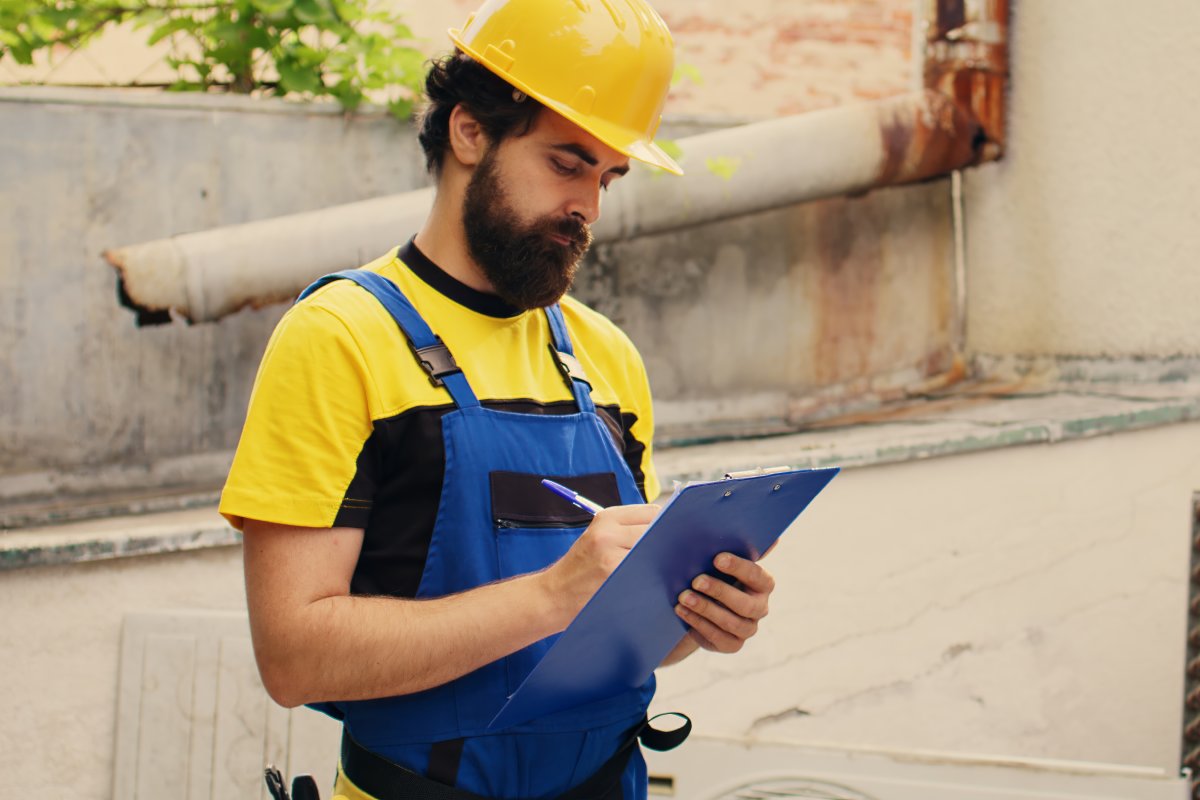In a commercial setting, electrical systems power everything from lighting and computers to HVAC systems and heavy machinery. With such a high dependency on electricity, regular electrical inspections are not just recommended—they are essential.
For business owners, property managers, and facility operators, ensuring the safety and efficiency of electrical systems can prevent costly repairs, minimize downtime, and even save lives. In this article, we’ll explore the importance of regular electrical inspections for commercial properties, what they entail, and how they can benefit your business.
The Importance of Electrical Inspections for Commercial Properties
Unlike residential properties, commercial buildings typically have complex electrical systems that are subjected to heavy usage. Without routine inspections, issues such as overloaded circuits, faulty wiring, or outdated electrical panels can go unnoticed, leading to serious problems like power failures, electrical fires, and compliance violations.
Key Reasons Why Electrical Inspections Are Essential
Prevent Electrical Failures & Downtime – Regular inspections help identify potential issues before they cause equipment failure or disrupt business operations.
Ensure Workplace Safety – Faulty electrical systems pose a fire hazard and can cause electrocution. Inspections help maintain a safe work environment.
Compliance with Electrical Codes & Regulations – Commercial properties must meet safety codes and local regulations. Inspections ensure compliance and prevent fines.
Extend the Lifespan of Electrical Systems – Routine maintenance prevents premature wear and tear, reducing costly replacements.
Improve Energy Efficiency – Identifying inefficiencies can lead to energy-saving upgrades that reduce electricity costs.
What Does a Commercial Electrical Inspection Involve?
A thorough electrical inspection covers various aspects of a commercial property’s electrical system. Here’s what you can expect:
1. Electrical Panel Inspection
- Checking for signs of overheating, corrosion, or loose connections.
- Ensuring the panel is up to code and has the correct amperage for business needs.
- Identifying outdated panels that may need an upgrade.
2. Wiring and Circuit Testing
- Examining wires for damage, fraying, or exposure.
- Testing circuits for overloading, short circuits, or voltage drops.
- Ensuring that proper grounding and bonding are in place.
3. Outlet and Switch Evaluation
- Checking for loose, broken, or malfunctioning outlets and switches.
- Testing GFCI (Ground Fault Circuit Interrupter) outlets to ensure they function correctly.
- Identifying outdated or overloaded electrical receptacles.
4. Lighting System Inspection
- Testing indoor and outdoor lighting for proper function and efficiency.
- Checking for flickering lights, burnt-out bulbs, or faulty ballasts.
- Identifying opportunities to upgrade to LED or smart lighting.
5. Surge Protection and Power Backup Systems
- Evaluating surge protectors to ensure they are functioning properly.
- Checking uninterruptible power supply (UPS) and backup generators for reliability.
- Ensuring emergency lighting and exit signs comply with safety regulations.
6. HVAC and Heavy Equipment Inspection
- Checking the electrical components of HVAC systems and industrial machinery.
- Ensuring motors, compressors, and heating elements are working efficiently.
- Identifying any power imbalances that could strain the system.
How Often Should Commercial Properties Have Electrical Inspections?
The frequency of electrical inspections depends on several factors, including the age of the building, the type of business, and regulatory requirements. Here are some general guidelines:
- Annual Inspections – Ideal for businesses with high energy demands, industrial facilities, and older buildings.
- Every 3-5 Years – Recommended for low-risk commercial properties such as offices and retail stores.
- Before Major Renovations – Electrical inspections should be done before any expansion or remodeling project.
- After Electrical Work or Upgrades – Ensures new installations comply with safety standards.
- Following Power Outages or Electrical Incidents – Inspections should be performed to identify any underlying issues.
Tip: Some industries, such as healthcare, manufacturing, and hospitality, may have stricter electrical safety regulations and require more frequent inspections.
The Benefits of Regular Electrical Inspections
1. Enhanced Workplace Safety
Electrical hazards are a leading cause of workplace fires and injuries. Inspections help reduce risks by ensuring all electrical components function correctly and safely.
2. Compliance with Regulations & Insurance Requirements
Many businesses must comply with local, state, and national electrical codes to avoid penalties. Additionally, insurance providers often require proof of regular inspections to maintain coverage.
3. Cost Savings on Repairs and Energy Bills
Identifying minor issues before they become major problems can save thousands in repair costs. Upgrading inefficient systems can also lower electricity consumption, reducing monthly bills.
4. Avoiding Business Interruptions
Unexpected power failures can result in downtime, lost productivity, and even revenue loss. Routine inspections help prevent costly disruptions.
5. Protecting Valuable Equipment
Many businesses rely on expensive electronic equipment. Faulty wiring or power surges can damage computers, servers, machinery, and HVAC systems, leading to expensive replacements.
6. Increasing Property Value
A well-maintained electrical system adds value to a commercial property, making it more attractive to tenants or potential buyers.
Signs Your Commercial Property Needs an Electrical Inspection
If your business is experiencing any of the following issues, schedule an inspection immediately:
Frequent circuit breaker trips
Flickering or dimming lights
Burning smells from outlets or electrical panels
Sparking or buzzing sounds from electrical outlets
Overheating electrical equipment
Higher-than-usual energy bills
Aging electrical system (10+ years old)
Ignoring these warning signs can lead to dangerous and costly consequences.
Choosing a Qualified Commercial Electricia
When hiring an electrician for an inspection, ensure they:
Are licensed, insured, and experienced in commercial electrical work.
Understand local building codes and industry regulations.
Provide a detailed inspection report with findings and recommendations.
Offer preventive maintenance services to keep your system in top shape.
Working with a certified commercial electrician ensures that inspections are done thoroughly and correctly.
Final Thoughts: Protect Your Business with Regular Electrical Inspections
Regular electrical inspections are a must-have investment for any commercial property. They help protect employees, customers, and assets while ensuring compliance with safety codes.
By conducting routine inspections, business owners can:
Prevent costly electrical failures
Enhance workplace safety
Improve energy efficiency
Ensure code compliance
Increase property value
